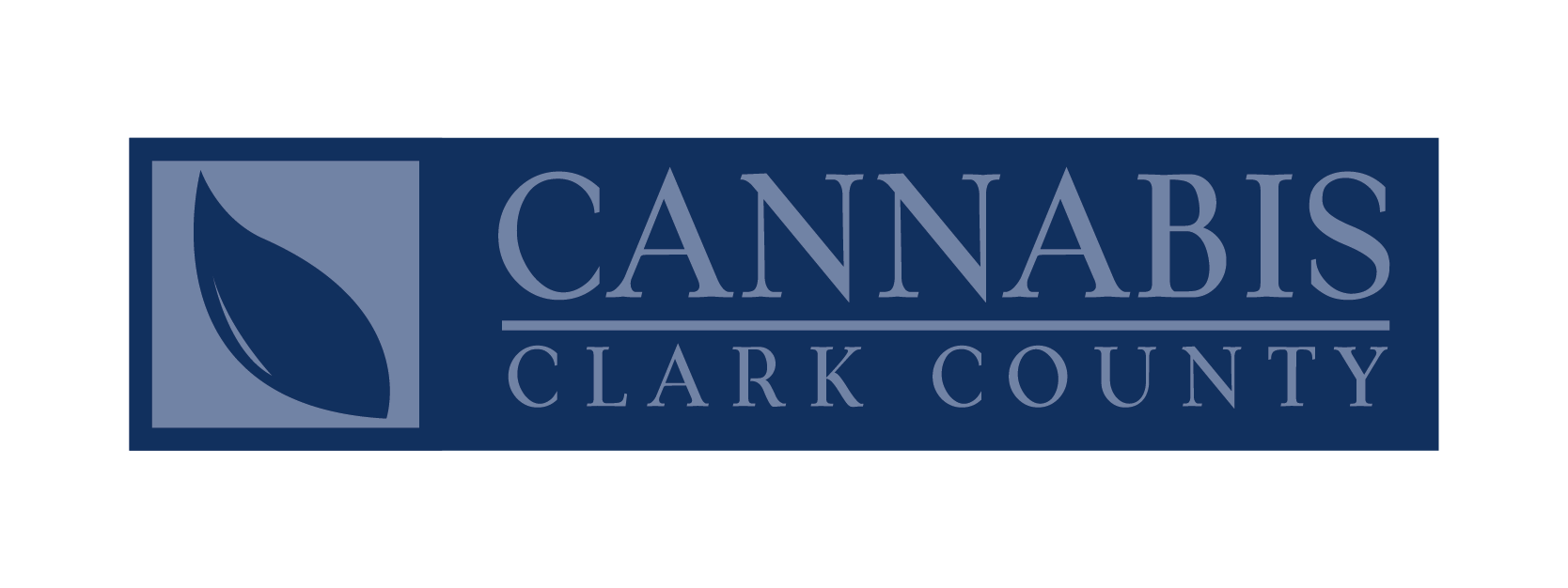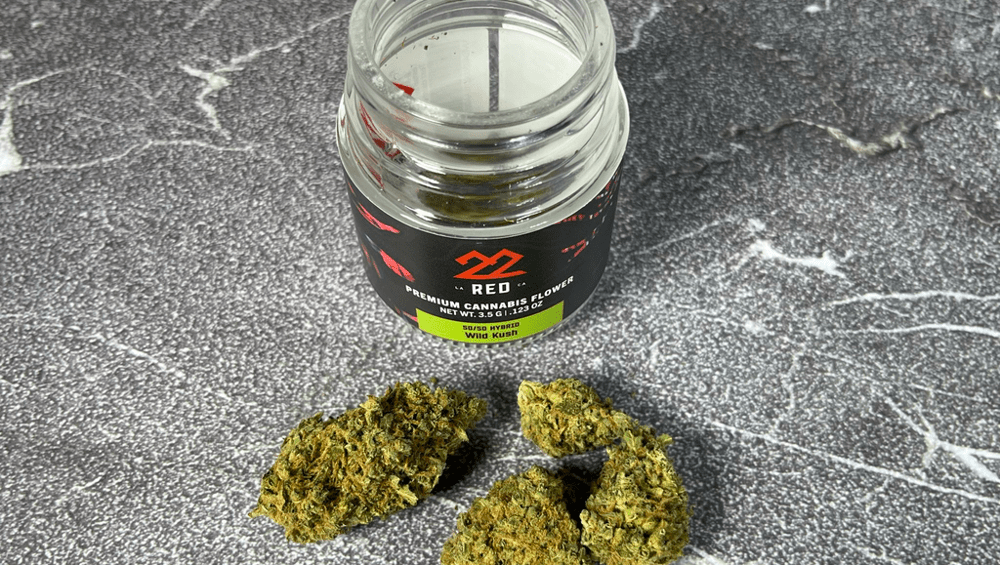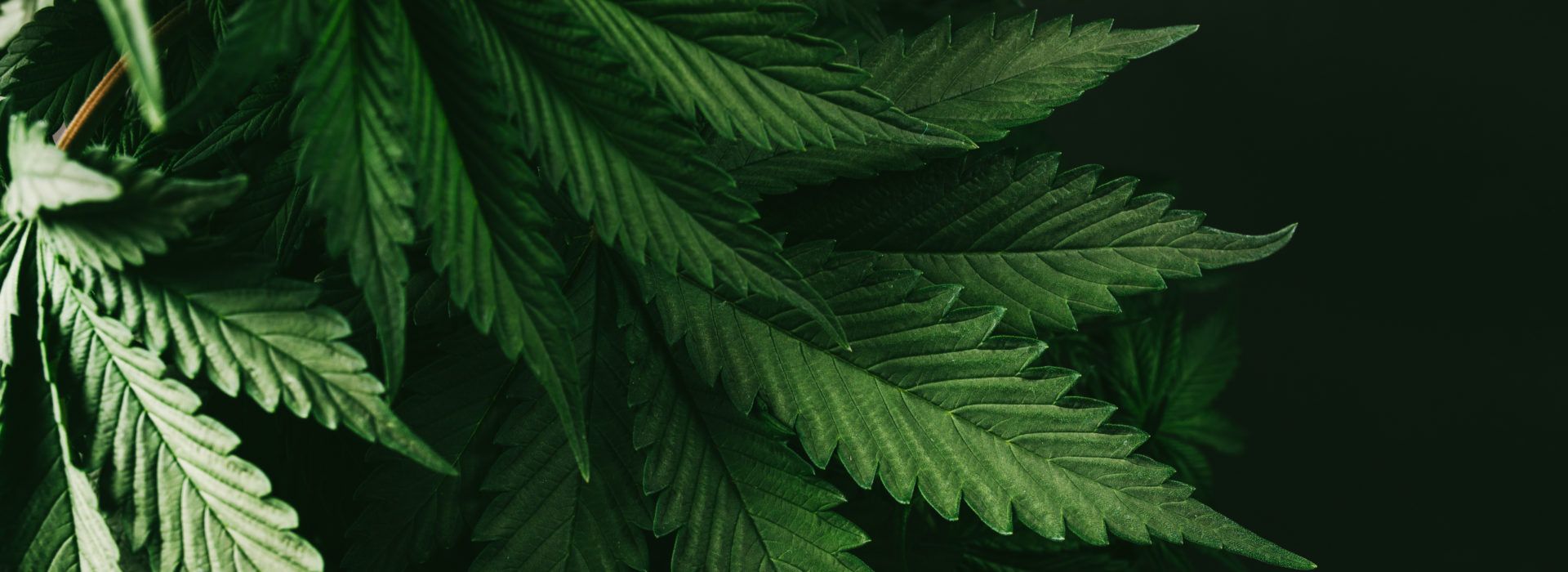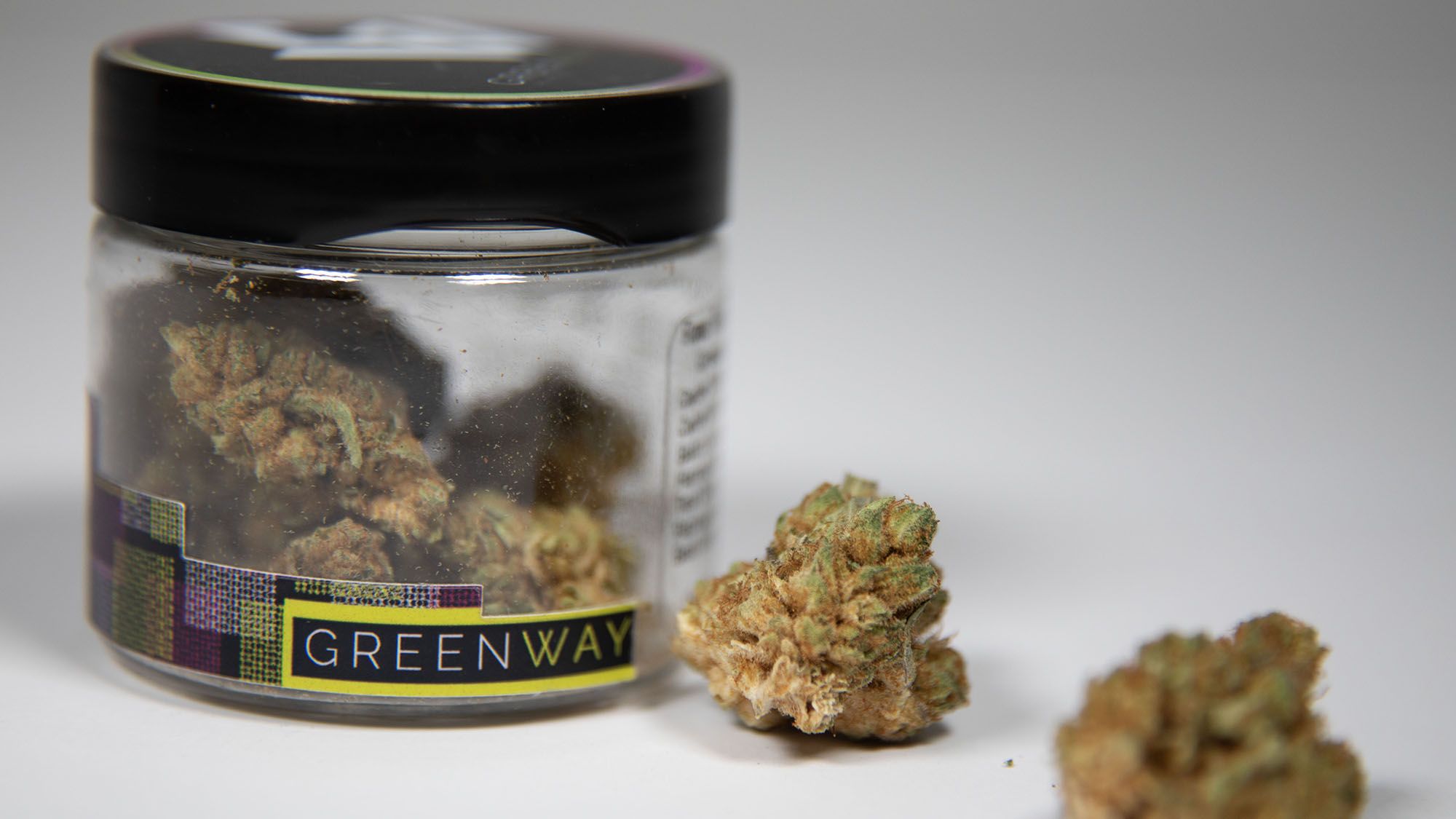Nevada’s legal cannabis grows in a tightly regulated environment, but “organic” isn’t as simple as a logo on a jar. The state allows cultivators to use only certain pesticide active ingredients, imposes worker-safety and tracking rules, and can (and does) discipline violators. At the same time, federal “USDA Organic” certification doesn’t apply to state-legal THC cannabis, so any “organic” claims in Nevada must meet state labeling rules that mirror federal organic standards—an intentionally high bar.
What Nevada requires from cultivators on pesticide use
Nevada’s Cannabis Compliance Board (CCB) ties cultivation to the Department of Agriculture’s (NDA) pesticide framework. Every cultivation site must employ at least one certified pesticide applicator (as defined in state law), and may only use pesticides whose active ingredients appear on the NDA’s allowed list. Using a pesticide “inconsistent with the label” is unlawful under Nevada’s Pesticide Applicator Act. In practice, that means a grow has to (1) have a certified applicator, (2) pick from the approved actives list, (3) follow label directions to the letter, and (4) log everything.
Nevada also publishes action levels (pass/fail thresholds) for a monitoring panel of pest-control substances and plant growth regulators (e.g., abamectin, myclobutanil, bifenthrin, piperonyl butoxide). If a product exceeds an action level in lab testing, it’s not supposed to reach consumers.
Beyond residues, cultivators must run enclosed, secured facilities with seed-to-sale tracking (Metrc), and comply with Worker Protection Standard (WPS) requirements if pesticides are used or workers re-enter treated areas. The pesticide guidance explicitly flags WPS duties and points to NDA resources for waste disposal and container recycling programs.
Can Nevada cannabis be labeled “organic”?
Short answer: only if it meets USDA-style organic standards end-to-end, which in practice is extraordinarily difficult because USDA does not certify state-legal THC cannabis. Nevada’s Regulation 12.025 states a cultivation or product facility “shall not label” usable cannabis or infused products as “organic” unless the cannabis plants and all ingredients were produced, processed, and certified consistent with the federal Organic Foods Production Act (USDA standards). Nevada’s rule effectively prevents casual or marketing-driven “organic” claims.
Translation: cultivators can (and many do) emphasize pesticide minimization, IPM (integrated pest management), biologicals, and 25(b) minimum-risk actives, but that’s not the same as USDA Organic—and Nevada’s labeling rule won’t let a company blur that line.
How enforcement works (and what happens when it fails)
CCB’s disciplinary powers range from fines to summary suspension of licenses. The regulations specify that violating Title 56 (statute) or the Board’s regulations is grounds for civil penalties and, if warranted, revocation. When serious public-health risks arise (e.g., unapproved pesticide use), the CCB can issue Public Health & Safety Bulletins instructing retailers to post warnings and quarantine or remove products.
Three recent, highly visible examples illustrate the system in action:
- Clark Natural Medicinal Solutions (Henderson): Ethephon advisory (2023).
In January 2023, the CCB warned consumers that cannabis harvested by Clark Natural Medicinal Solutions had been treated with Ethephon, an unapproved plant growth regulator. The advisory stressed that Ethephon wasn’t on the mandatory testing panel at the time—so routine lab tests wouldn’t have caught it—and recommended caution or avoidance for harvests dating back to July 2021. National and local outlets amplified the notice as regulators expanded the recall scope. - Desert Bloom Cultivation (NLVG, LLC): summary suspension (2022).
In March 2022, the Board suspended Desert Bloom’s cultivation and production licenses, stating it could not verify the company produced and tested cannabis in accordance with regulations. The summary suspension required Desert Bloom to halt operations and submit a corrective plan before resuming. (Nevada Cannabis Compliance Board) - Redwood Warehouse, LLC: Conserve SC bulletin (2024).
In November 2024, regulators issued Public Health & Safety Bulletin 2024-04, advising the public to avoid usable cannabis harvested by Redwood Warehouse between September 21, 2023 and August 16, 2024, after an investigation found the unapproved pesticide Conserve SC had been used. The CCB posted the bulletin and asked dispensaries to display it conspicuously for 30 days.
There have also been non-pesticide cultivation cases, such as the Helping Hands Wellness Center suspension in 2023 over diversion concerns—evidence that the Board’s scrutiny covers the full “seed-to-sale” chain, not just residues. READ MORE: MJBizDaily
So… how “organic” are Nevada cultivators in practice?
Most licensed grows in Nevada operate under IPM first: climate/cleanliness controls, predator insects, mechanical exclusion, and approved low-toxicity inputs—because anything else risks failing lab tests, triggering advisories, or worse. The state’s allowed-actives list includes many biologicals and minimum-risk pesticides (e.g., Bacillus species, neem, essential oils), along with certain EPA-registered actives that can be used in greenhouses or indoor settings if the label allows it and Nevada has placed the active on its list. The presence of action levels for conventional actives reinforces that Nevada monitors and limits residues even when some non-systemic chemistries are permitted.
On the labeling side, Nevada explicitly blocks “organic” claims unless they meet USDA specifications, which—given federal policy—means the claim is rarely seen on state-legal THC products. That rule nudges brands toward transparency (e.g., “grown with no synthetic pesticides after week X,” “biological controls only,” or “tested against the state monitoring list”) rather than a blanket “organic” promise.
Where the system has struggled—and what’s improved
The Ethephon case exposed a blind spot: if a substance isn’t on the mandatory test panel, labs won’t look for it, even when it’s disallowed. CCB responded with public bulletins and broader communication to consumers and retailers. By 2024, the Board continued active bulletin issuance and public tracking for affected facilities (e.g., Redwood Warehouse), reflecting a more proactive posture on chemical use disclosures.
More broadly, Nevada’s compliance model relies on:
- Certified applicators on staff and tight documentation;
- State-curated active-ingredient list and label-compliant use;
- Lab testing against action levels for targeted analytes;
- Public bulletins and disciplinary proceedings (fines, suspensions) when violations occur. READ MORE: Nevada Cannabis Compliance Board
What to look for as a consumer
If you’re shopping Nevada flower or pre-rolls and want the lowest possible pesticide risk, consider:
- Ask about IPM and biologicals. Brands committed to beneficial insects, sanitation, and environmental controls are often proud to explain their SOPs. (Many will specify when—if ever—they resort to allowed chemical actives.)
- Check testing details. Labels disclose standard potency/terpenes; dispensaries can usually produce COAs showing pass/fail for the state’s pesticide monitoring list and other safety tests.
- Watch CCB bulletins. The Board posts Public Health & Safety Bulletins and expects retailers to display them. If you see a posting for a recent bulletin, consider choosing a different batch or brand until the issue is resolved.
Bottom line
Nevada’s cannabis cultivation isn’t “organic” in the USDA-certified sense, and state rules are designed to prevent casual organic branding. Instead, the system drives growers toward IPM, low-risk inputs, and strict label compliance with a state-approved actives list—backed by laboratory action levels and the threat of suspensions or fines. Recent cases (Ethephon in 2023; Conserve SC in 2024) show regulators will name names and alert the public when unapproved chemicals surface, while high-profile suspensions (e.g., Desert Bloom; Helping Hands) underscore that compliance is non-negotiable. For consumers, the safest bet is to favor cultivators who publish their IPM approach, provide COAs readily, and have a clean record in the CCB’s bulletins.





